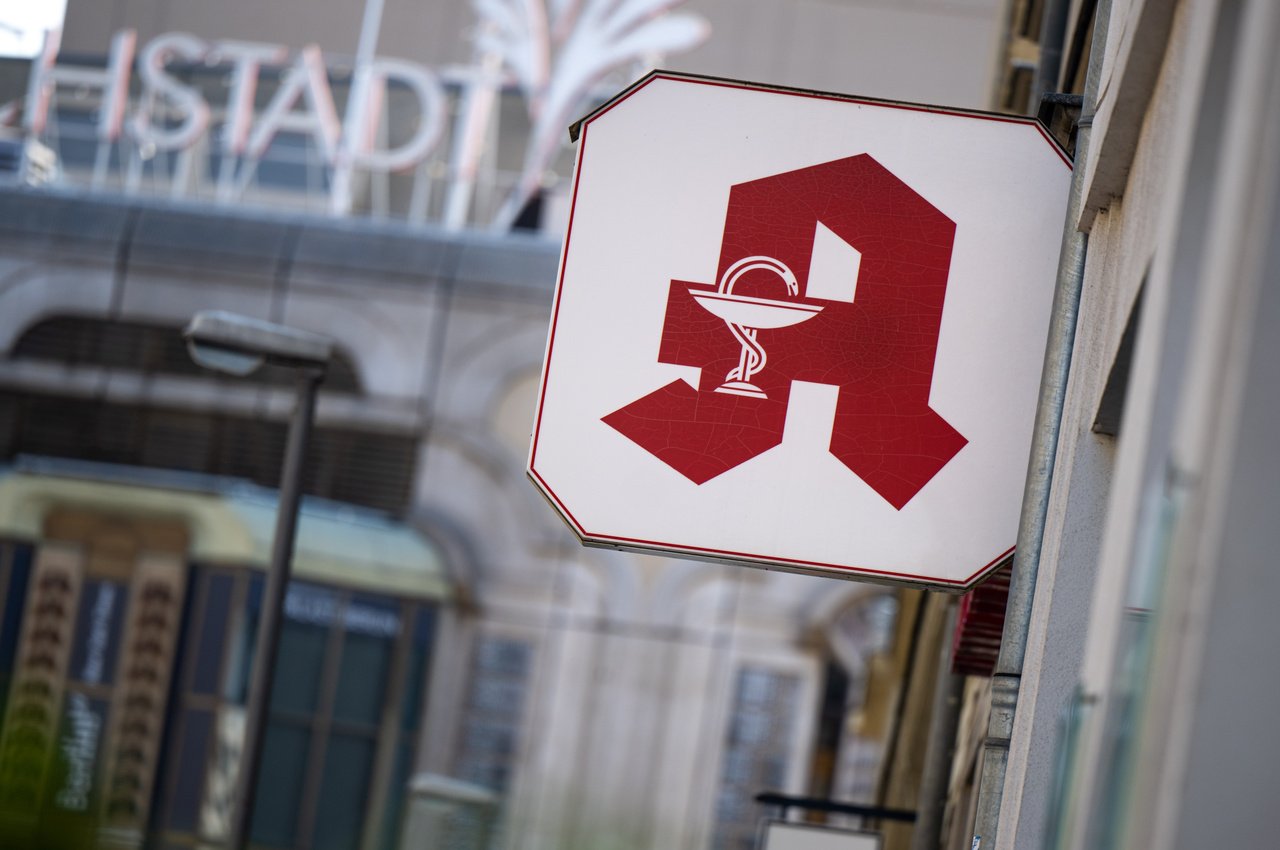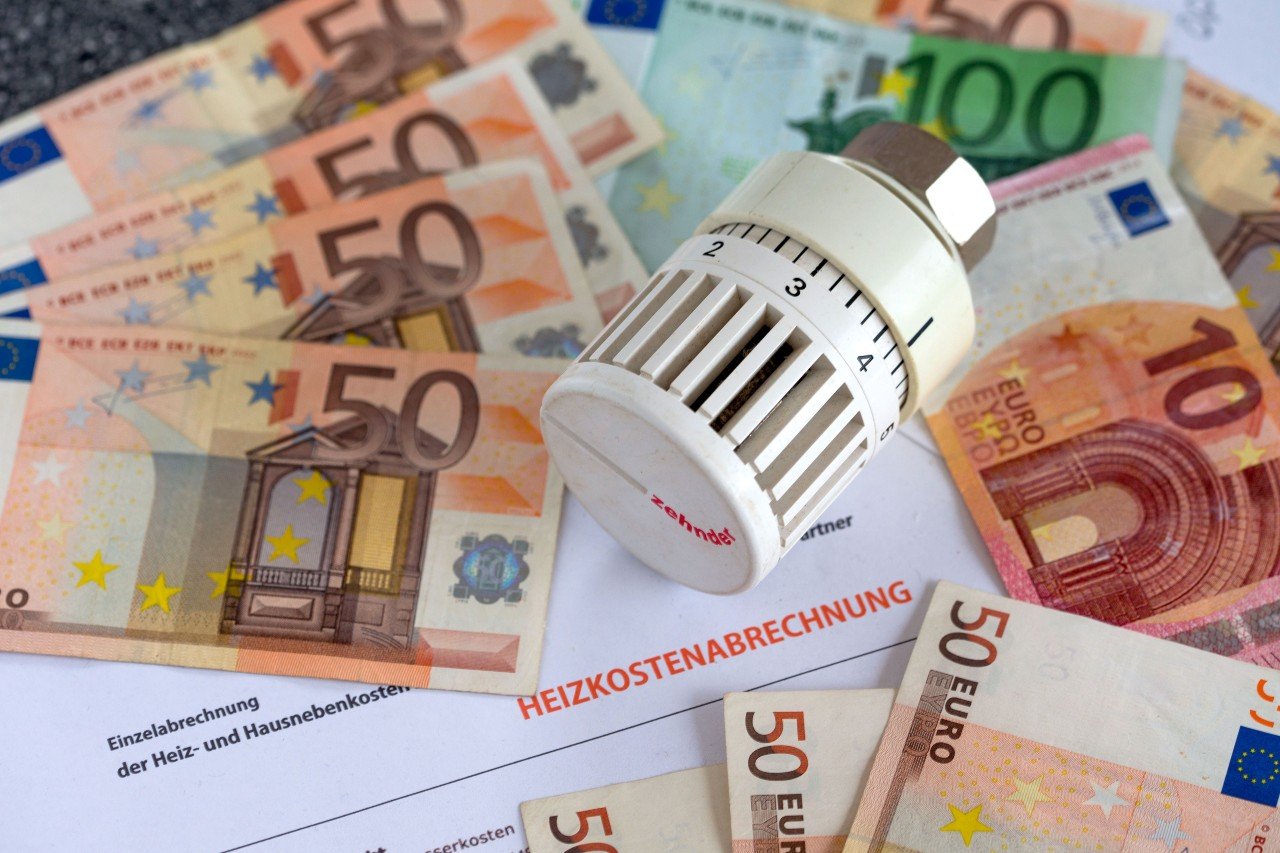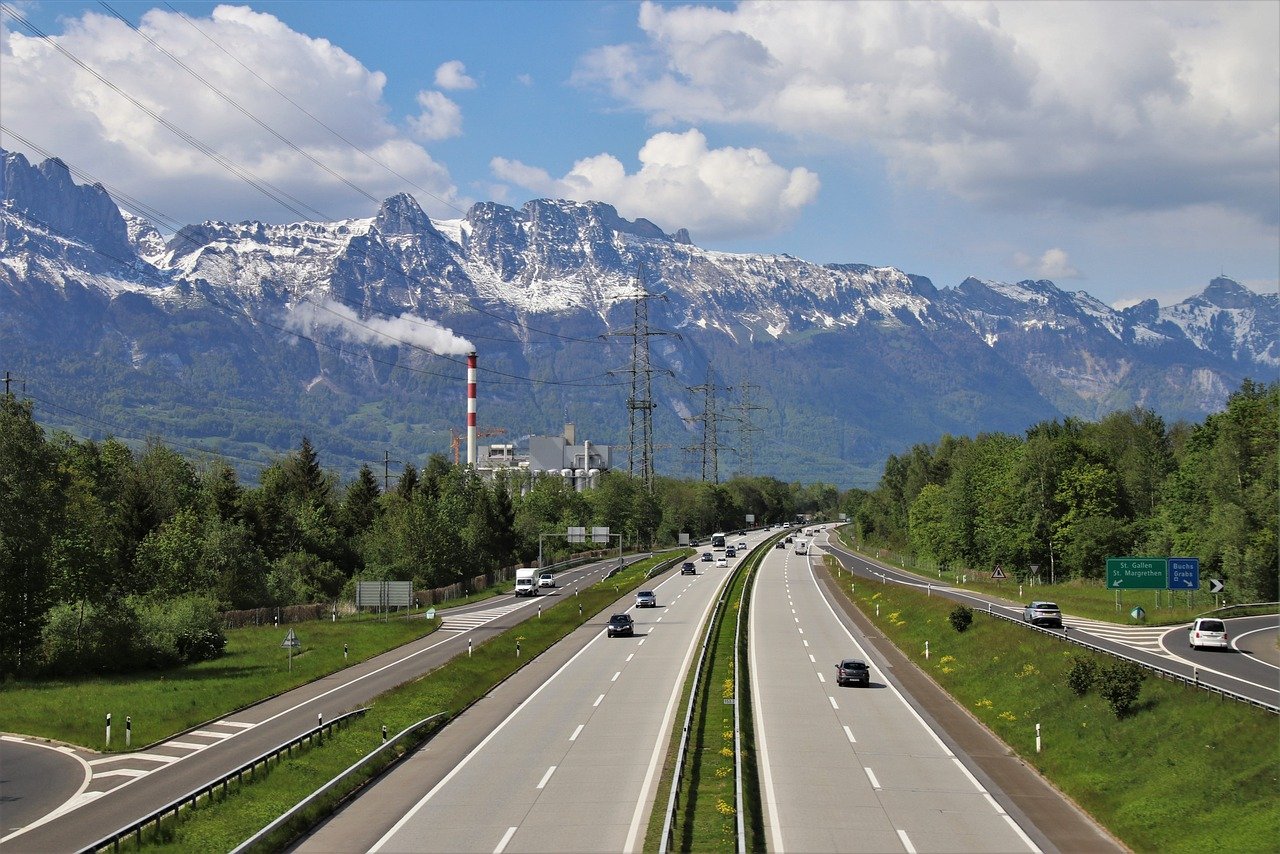Less prison time for unpaid fines
Anyone who is unable to pay a fine in Germany has controversially had to spend time behind bars to make up for it.
Previously, this was done on a one-to-one basis, meaning that a day’s worth of unpaid fines, often for riding without a ticket on public transport, equated to one day of imprisonment.
In June 2023, however, the Bundestag decided to halve the conversion key, so that from February “only” half a day in prison will be due for each daily fine.
READ ALSO: German government wants to ‘decriminalise fare dodging’
No more unnecessary co-payments at pharmacies
As of February 1st, anyone who is prescribed a medicine in a certain pack size by their doctor, but which is not in stock at the pharmacy, will no longer be asked to pay more.
Instead of having to pay several times for several smaller packs as before, the co-payment will be based on the quantity of the prescribed medication.
That means that if your pharmacist has two 50-piece packs instead of a 100-piece pack, for example, the co-payment will only be due once instead of twice, as was previously the case.

Leap year 2024 brings an extra day in February
It’s not exactly a change, but an event that only happens every few years: In 2024, due to a leap year, we have an extra day – Thursday, February 29th. Which means that this year is one day longer and finally people some can celebrate their birthday (or any anniversary) on their actual day again.
Rose Monday festivities captivate Cologne and surroundings
The Karnival event not to be missed is taking place on February 12th around North Rhine-Westphalia. Colourful parades fill the streets, many with satirical and political themes. While Rosenmontag isn’t an official public holiday, many companies in NRW give it as a day off. And of course a couple days later on February 14th Valentine’s Day, but don’t be disappointed if your German sweetheart doesn’t remember it, as here it’s not as big of a holiday here as in some other countries like the US.
More clarity about the origin of your meat
Anyone buying unpackaged meat at the counter or at a weekly market should know just where it comes from. The mandatory labelling will be extended to unpackaged meat from pigs, sheep, goats and poultry starting February 11th. Previously, it only applied to packaged meat and unpackaged beef.
The location of rearing and slaughter will be revealed. Even if most of the meat comes from the same source and only small quantities have been purchased from other sources, this needs to be stated accordingly, states the new law.
Applying for the new heating subsidy
The revised Heating Bill (Heizungsgesetz) will come into effect on February 27th. It requires newly installed heating systems to be powered by at least 65 percent renewable energy.
Short on cash to pay for a heating system which meets this criteria? The German investment and development bank KfW will process new applications to fund the new renewable heating systems from this date, with a basic funding rate of 30 percent, which can potentially be increased to 70 percent depending on economic need, according to the Federal Ministry for Economic Affairs and Climate Protection.
READ ALSO: What homeowners in Germany need to know about the new heating bill

Digital services act comes into force
The Digital Services Act (DSA), which comes into force on February 17th throughout EU countries including Germany, aims to create a safer, fairer and more transparent online environment for businesses and consumers.
According to the European Commission, the DSA strengthens consumer rights, in particular through improved complaint mechanisms and the ability to report illegal content more easily. The DSA also introduces stricter data protection rules, such as banning targeted advertising to minors and restricting the use of sensitive data for advertising purposes.
In addition, the DSA also improves the safety of products sold online by ensuring that they comply with EU standards. Consumers are to be better informed about the real sellers of products purchased online.
Tax-free one off payments
A series of small but significant tax changes are coming into effect on February 1st. One of these changes concerns the introduction of tax-free one-off payments. Employees in the public sector (TVL) will receive an inflation adjustment of €120, according to Verdi. Roofers will also benefit from a tax- and social security-free payment of €457.
Less money for surplus solar power
This change affects all households that want to install solar systems: Anyone who installs a solar system on their roof now and wants to feed the surplus electricity into the grid for a fee will receive slightly less starting on February 1st.
The remuneration for surplus electricity will be reduced by one percent every six months. Previously, the tariff was 8.2 cents per kWh – a figure which will fall to 8.1 cents per kWh starting in February.
More money for Amazon Prime
Amazon Prime customers in Germany should have already received an email that the streaming service will be introducing advertising starting on February 5th.
Anyone who wants to continue watching ad-free Amazon Prime videos will pay an additional €2.99 per month.According to the company, Amazon can use the revenue to invest more in top entertainment and live sports content.




 Please whitelist us to continue reading.
Please whitelist us to continue reading.
Member comments